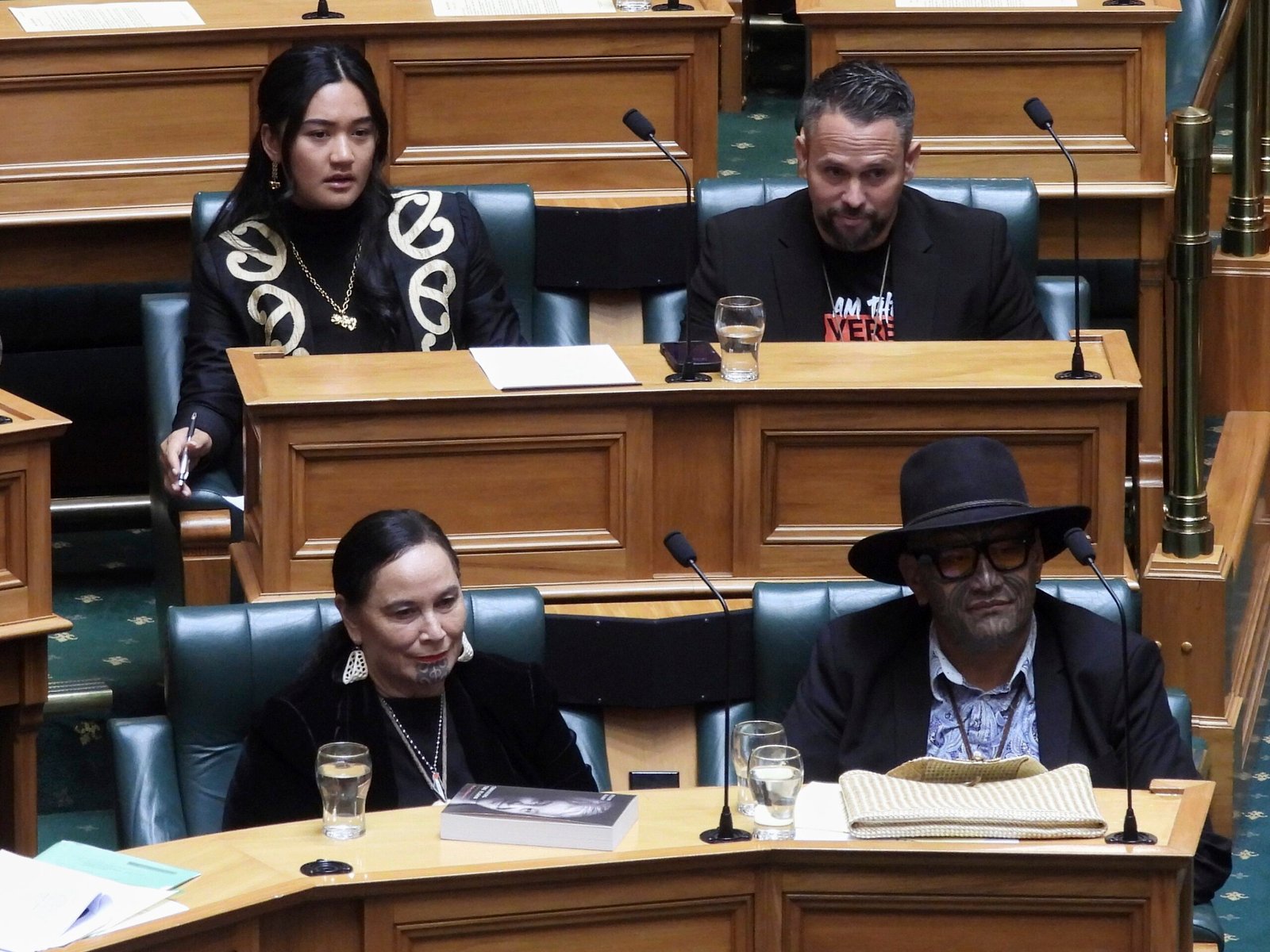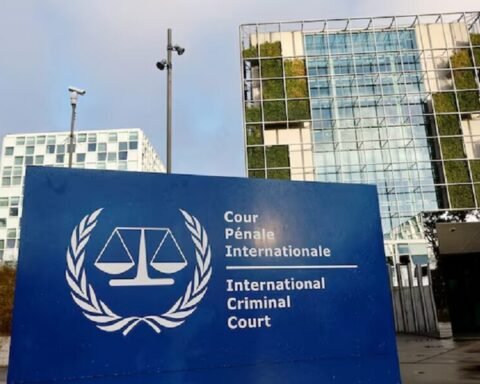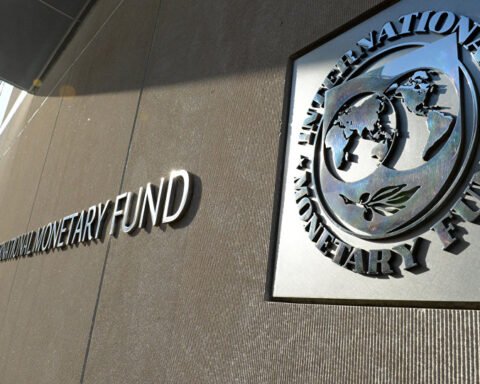In a landmark disciplinary move, three Māori Members of Parliament have been suspended from New Zealand’s House of Representatives after staging a haka protest against proposed changes to Indigenous rights legislation.
The suspensions—up to 21 sitting days—are the longest in the country’s modern parliamentary history.
The lawmakers involved are Rawiri Waititi, Debbie Ngarewa-Packer, and Hana-Rāwhiti Maipi-Clarke, all representatives of Te Pāti Māori. Their protest took place during the first reading of the controversial Treaty Principles Bill in November 2024—a bill introduced by the libertarian-leaning ACT Party that aims to redefine how the government interprets the principles of the Treaty of Waitangi, New Zealand’s foundational document.
During the session, Maipi-Clarke, then just 21, tore a printed copy of the bill and performed a powerful haka inside the chamber. She was joined by Waititi and Ngarewa-Packer, with chants echoed by Māori elders seated in the public gallery. The protest caused Speaker Gerry Brownlee to eject them from the House. The Privileges Committee later reviewed the incident and upheld their suspension for disorderly and disruptive conduct.
The ruling drew swift criticism from Indigenous groups, civil society, and opposition lawmakers. Supporters argue that the protest was a culturally rooted expression of dissent and an assertion of identity—not a security threat. Māori leaders contend that the bill itself threatens the integrity of the Treaty, which established a formal relationship between Māori chiefs and the British Crown in 1840.
Attorney-General Judith Collins, speaking to reporters, said the issue was not the haka itself but its “confrontational use” in a parliamentary setting, which some lawmakers reportedly found intimidating. “No culture is above the rules of Parliament,” she said.
However, outside the Beehive, the reaction was very different.
Also Read; African Nations Push Back Against U.S. Pressure
Thousands gathered in cities like Wellington, Auckland, and Rotorua in solidarity, performing synchronized haka in public squares. Hashtags like #WeAreTheTreaty trended online, as activists and ordinary citizens rallied against what they perceive as the silencing of Māori voices.
“This isn’t just about three MPs,” said Māori constitutional expert Dr. Moana Jackson in an interview with Radio New Zealand. “It’s about whether Māori are allowed to challenge the system using the tools of their ancestors.”
Many viewed the suspensions as a symbolic flashpoint in a wider cultural and political struggle. The haka—often misunderstood as merely a war dance—is, for Māori, a deep form of cultural storytelling, resistance, and unity. To some, its performance in Parliament was an echo of ancient voices demanding modern recognition.
Despite their suspensions, all three MPs have vowed to return stronger. “We were sent here to carry our people’s voices,” said Waititi. “And no rulebook will silence the heartbeat of the tangata whenua [people of the land].”
The Treaty Principles Bill remains under review, but its progress through Parliament has now become part of a much bigger national conversation—one about identity, governance, and the future of bicultural partnership in Aotearoa.







